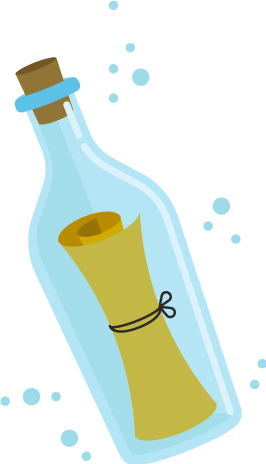Non-Toxic Cleaning Solutions For Your Home
Have you experienced headaches or allergic reactions after cleaning your bathroom? Well, your cleaning product can cause this. Everyday cleaning products you can find on the market mostly contain toxic chemicals harmful to you and your loved ones.
Toxic substances can be found in almost all household cleaning products, such as chlorine bleach, detergent, furniture, and floor polish, dry cleaning chemicals, rug cleaners, air fresheners, and aerosol spray products, just to name a few.
Studies find that several chemicals in cleaning products can cause respiratory problems, headaches, and allergic reactions. Moreover, a recent study indicates a link between cleaning products and respiratory illnesses, including asthma.
What chemicals are bad for health?
Chemicals in household cleaning products can’t only harm the external body. When they’re inhaled or hit your skin and lungs, they’ll go directly into the bloodstream causing damage to the liver and kidneys. Here are chemicals that are categorized as toxins.
- Volatile organic compounds (VOCs)
- Phosphates
- Glycol ethers
- Phthalates
- Petroleum solvents
- Formaldehyde
- Butyl cellosolve
- Nonylphenol ethoxylates (NPEs)
- Sodium lauryl sulfate
- Chlorine
- Ethanolamines
It is also strongly not recommended to mix bleach with cleaners containing ammonia and acids because it can cause serious injuries. Mixing cleaners with bleach produces dangerous gas that can cause chronic breathing problems and fatal incidents.
Home Substitutions
Natural ingredients and milder chemicals are safer substitutes for cleaning products. These products below work excellent as cleaning agents, as follow:
- Baking soda: helps clean, deodorize, softens water, and scours.
- Unscented soap in all forms: it helps clean anything and is biodegradable.
- Lemon: One of the most potent food acids and effective against most household bacteria.
- White vinegar: helps cut grease and remove mildew, odors, some stains, and wax build-up.
- Citrus solvent: cleans paint brushes, oil, grease, and some stains.
- Isopropyl alcohol: excellent disinfectant.
- Washing soda: helps cut grease, remove stains, softens water, and cleans walls, tiles, sinks, and tubs.
- Borax (sodium borate): helps clean, deodorize, disinfect, soften water, and clean wallpaper and painted walls and floors.
- Corn starch: helps clean windows, polish furniture, and shampoo carpets and rugs.
Is borax safe?
Borax is safe for cleaning, but keep it in a safe place where kids can’t find it. It is considered a mild skin irritant similar to baking soda. Borax is also a natural substance that is non-carcinogenic and doesn’t accumulate in the body or absorb through the skin.
Closing
As stated above, you can make your cleaning product using safer chemicals or natural ingredients. However, you need to know the proper ratio to create an effective cleaner.



